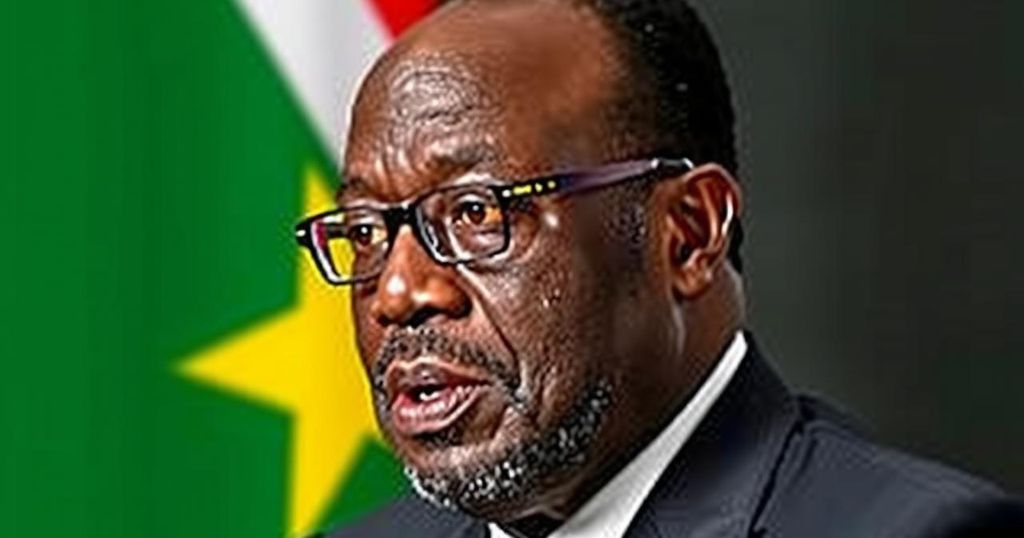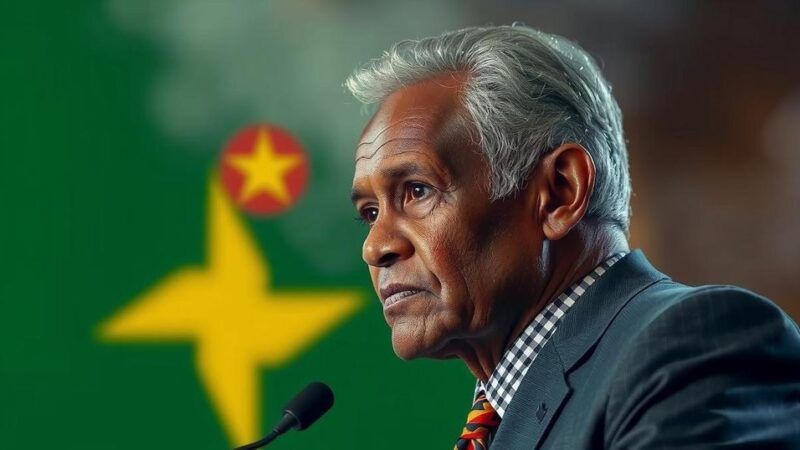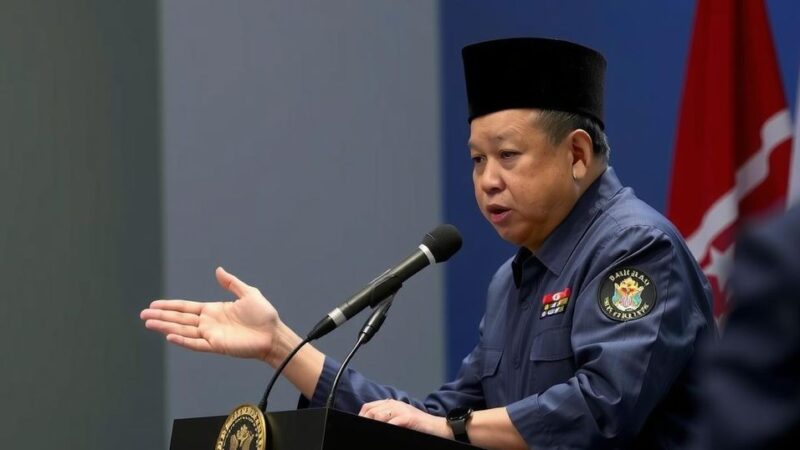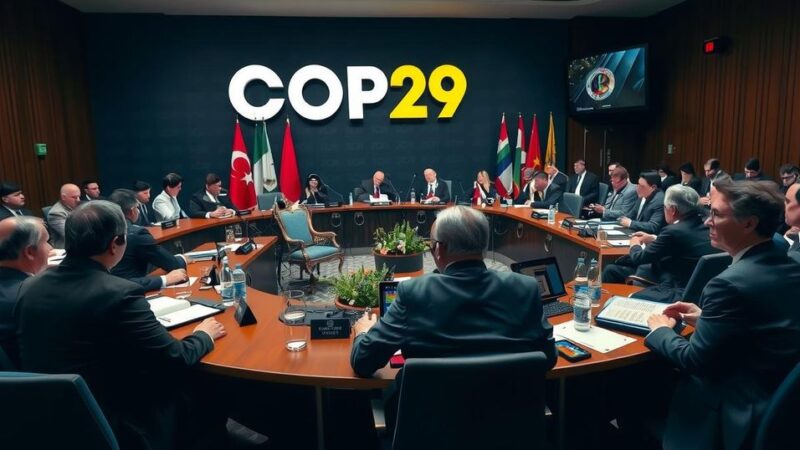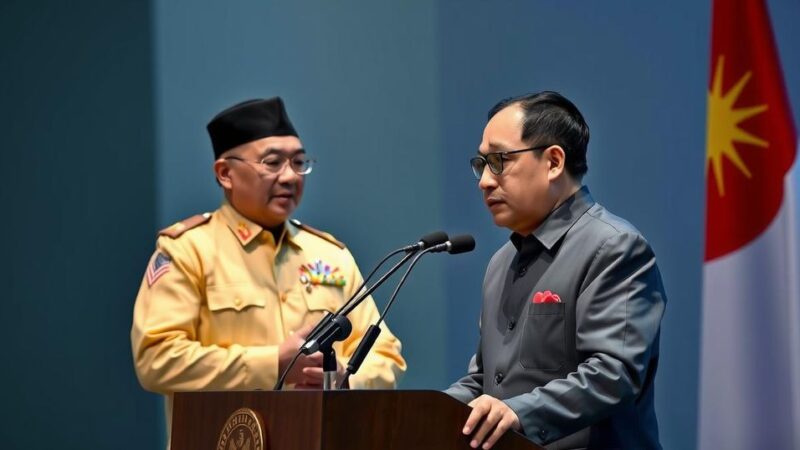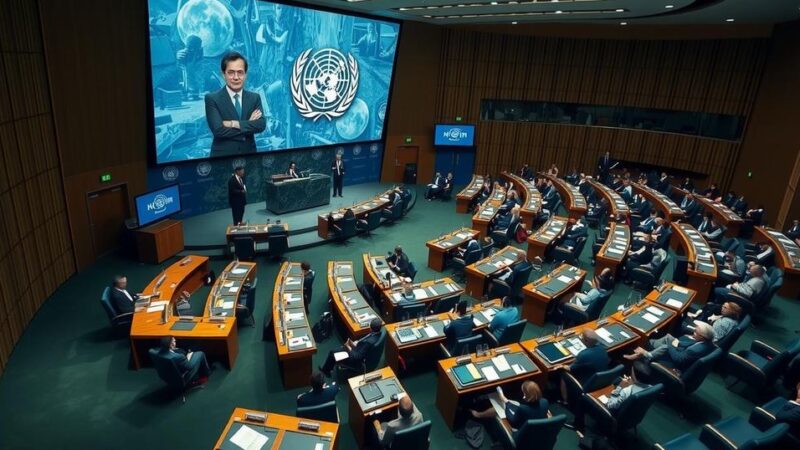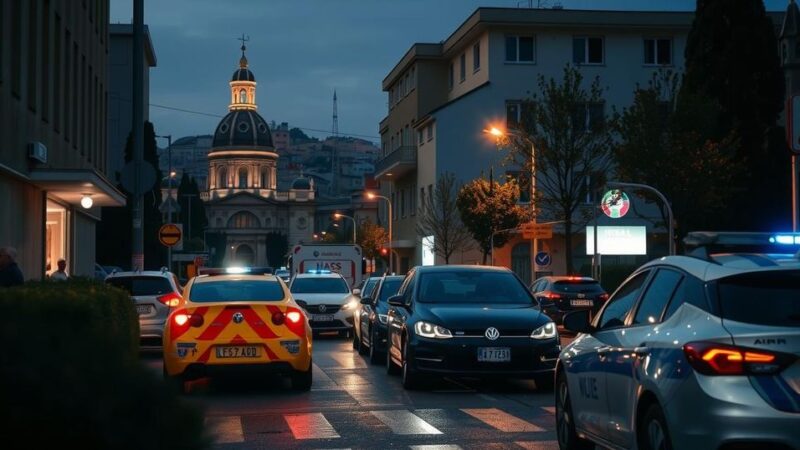On November 24, 2024, President Salva Kiir appointed Peter Kuot Jiel to the National Liberation Council of the SPLM, replacing James Deng Wal. The appointment follows a decision to extend the transitional period until December 2026 and postpone elections originally set for December 2024.
On November 24, 2024, South Sudan’s President Salva Kiir appointed a new member to the National Liberation Council of the Sudan People’s Liberation Movement (SPLM). Peter Kuot Jiel has been selected to fill the position previously held by James Deng Wal, as reported by the state-owned South Sudan Broadcasting Corporation (SSBC). The official decree from President Kiir did not provide specific reasons for this appointment. The National Liberation Council serves as the legislative body of the ruling party in South Sudan.
In a related political context, in September 2024, the South Sudanese signatories to the peace agreement agreed to extend the transitional period until December 2026 due to ongoing needs for implementation of the terms outlined in the agreement. Furthermore, the election originally scheduled for December 2024 was also postponed for an additional two years, reflecting the complexities of the nation’s political situation during this transitional phase.
The National Liberation Council (NLC) of the Sudan People’s Liberation Movement is a crucial entity in South Sudan’s governance, functioning as the legislative organ of the ruling party. The appointment of council members often reflects broader political strategies and the leadership’s efforts to stabilize the governance structure. Thus, changes in its composition can signify shifts in political alliances or government priorities. The recent extension of the transitional period and postponement of elections underline the ongoing challenges faced by the government in fully realizing peace and stability since the conflict that erupted in 2013.
President Salva Kiir’s recent appointment of Peter Kuot Jiel to the National Liberation Council marks a significant alteration in South Sudan’s political landscape. Although the decree did not elucidate the reasons behind this change, it occurs amidst broader transitions, including the extension of the transitional period and the postponement of elections. These developments reflect the ongoing complexities within South Sudan’s governance as the nation strives to implement the peace agreement and prepare for future political stability.
Original Source: sudantribune.com
